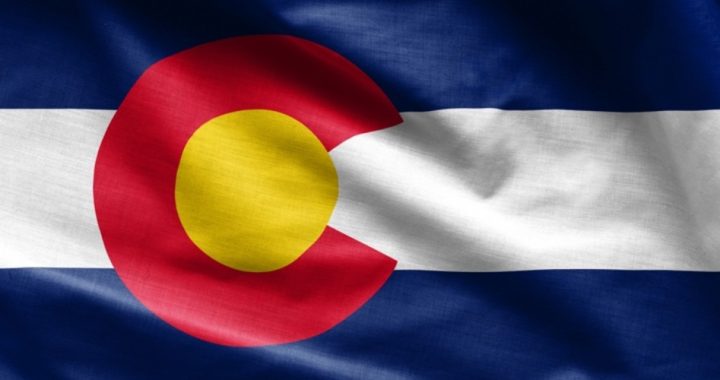
In building its case for a lawsuit directly challenging Colorado’s new “national popular vote” law, government watchdog Judicial Watch (JW) is suing Colorado’s Secretary of State Jena Griswold. She actively supported passage of the law but has refused to relinquish background papers under a Freedom of Information Act request and so the non-profit watchdog group is suing to obtain them.
JW explained the issue at stake:
Currently, most states award all their Electoral College votes to the candidate who wins the popular vote in that state.
But … when a state, such as Colorado, passes legislation to join the National Popular Vote Compact, it pledges that all of that state’s electoral votes will be given to whichever presidential candidate wins the popular vote nationwide, rather than the candidate who won the vote in just that state….
The Electoral College … balances the interests of citizens in both large and small states by requiring candidates to seek votes in less populous states whose interests might otherwise be ignored.
Under [national popular vote] a state could award its Electoral College votes to a presidential candidate who lost the state’s popular vote.
Tom Fitton, JW’s president, was much more direct about the threat of the National Popular Vote movement to the Republic:
Leftists in Colorado and other states want to undo the Electoral College and the U.S. Constitution in the hopes of guaranteeing control of the presidency. This attack on the Electoral College would give large left-leaning states … an unconstitutionally outsized impact on the outcome of our presidential elections.
At the moment, a similar law has been passed by 15 states possessing 189 electoral votes. In other words, 89 more electoral college votes are necessary before these “popular vote” laws become effective in abolishing the Electoral College.
This is encouraging to the National Popular Vote coalition, which claims that such a move “would make every person’s vote equal throughout the U.S. It would ensure that every vote, in every state, will matter in every presidential election.”
It would do no such thing, according to constitutional scholar and Gettysburg College professor Allen Guelzo. A week after Donald Trump defeated Hillary Clinton in the 2016 presidential election, he wrote that complaints that he only won in the Electoral College but not the popular vote were understandable but unjustified in light of the Founders’ original intents: “The Electoral College is at the core of our system of federalism.” He added:
The Founders who sat in the 1787 Constitutional Convention lavished an extraordinary amount of argument on the Electoral College and it was by no means one-sided….
The Founders … designed the operation of the Electoral College with unusual care.
Guelzo noted that the purpose of the convention was to create a new governing document in an effort “to form a more perfect union” and in order to do that, smaller states with smaller populations had to be recognized. Otherwise they wouldn’t have ratified it. As Guelzo noted, “We probably wouldn’t have had a constitution, or a country at all, unless the route we took was federalism. The Electoral College was an integral part of that federal plan. It made a place for the states as well as the people in electing the president by giving them a say … in the federal process and preventing big-city populations from dominating the election of a president.”
He noted that the Electoral College made it possible to end slavery, “since Abraham Lincoln earned only 39 percent of the popular vote in the election of 1860, but won a crushing victory in the Electoral College.”
The dangers of abolishing it are profoundly threatening to the very basis of the Republic, said Guelzo:
Abolishing the Electoral College now might satisfy an irritated yearning for direct democracy, but it would also mean dismantling federalism.
After that, there would be no sense in having a Senate (which, after all, represents the interests of the states), and further along, no sense even in having states, except as administrative departments of the central government.
Those who wish to abolish the Electoral College ought to go the distance, and do away with the entire federal system and perhaps even retire the Constitution, since the federalism it was designed to embody would have disappeared.
That is the intent of the Electoral College abolishers. They labor to remove the Electoral College and its stabilizing influence in favor of that most unstable of all political systems: a direct democracy. Said John Adams, “Remember: democracy never lasts long. It soon wastes, exhausts, and murders itself. There never was a democracy yet that did not commit suicide.”
James Madison added, “Democracies have been found incompatible with personal security or the rights of property; and in general been as short in their lives as they have been violent in their deaths.”
It’s indeed comforting that legal watchdog Judicial Watch is stepping up to prevent that from happening.
Image: Belyay via iStock / Getty Images Plus
An Ivy League graduate and former investment advisor, Bob is a regular contributor to The New American, writing primarily on economics and politics. He can be reached at [email protected].
Related article:
Nevada’s Democrat Governor Deals Blow to National Popular Vote with Veto



